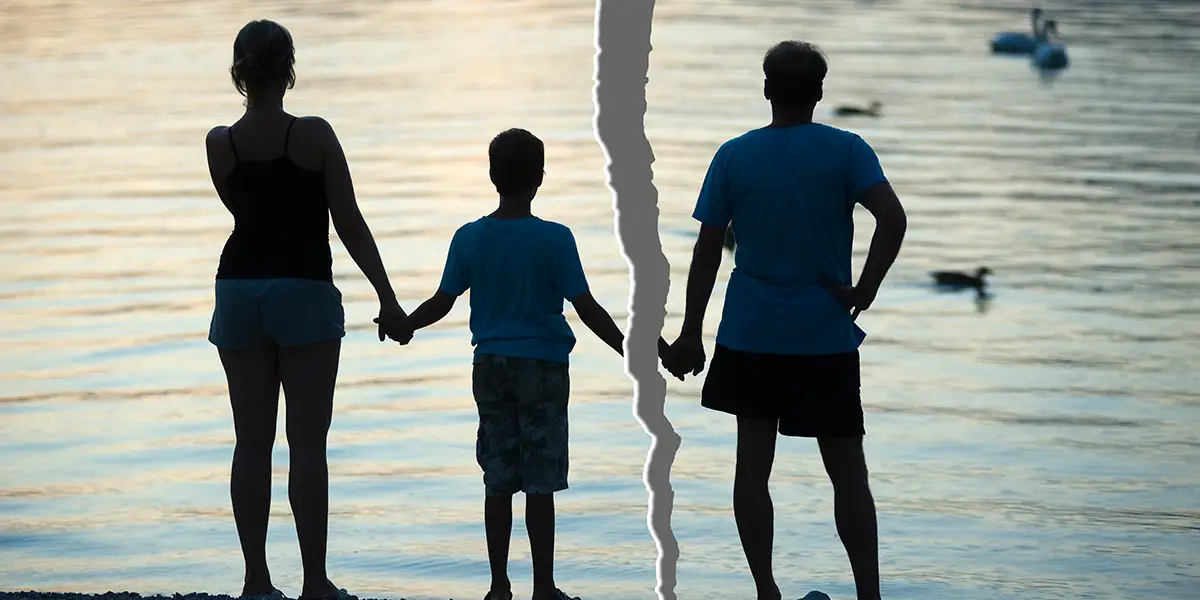
Families face many challenges. Trauma can deeply affect them. Its impact often reshapes daily life. Understanding these changes is vital. It helps in healing and growth.
Trauma Changes Family Roles
Trauma often changes who does what. Trauma changes family roles. A parent might withdraw. Children may take on more duties. These shifts happen subtly. They can create new burdens. Everyone tries to cope differently. Old routines fade away. New ones emerge, unplanned.
Family members might become caregivers. Even young ones can feel this pull. They try to support each other. This can be overwhelming for them. Roles can become rigid. Or they might constantly shift. Predictability often decreases. This uncertainty adds stress. It affects daily interactions significantly.
The Impact on Communication Patterns
Communication often suffers after trauma. The impact on communication patterns is profound. Some families go silent. Others might argue more frequently. Expressing feelings becomes hard. Words might feel inadequate. Misunderstandings increase easily. People may avoid difficult topics. This silence can isolate members. It builds walls between them.
Open dialogue is essential. Trauma makes it a challenge. Fear of upsetting others grows. Or fear of re-experiencing pain. This avoidance prevents healing. It stops true connection. Non-verbal cues become more important. But they can also be misinterpreted. Clear communication needs effort. It takes patience and understanding.
Relationships Under Strain
Trauma places huge strain on relationships. Relationships under strain often weaken. Bonds can fray between spouses. Sibling relationships may suffer too. Trust can be eroded slowly. This happens through actions or omissions. Intimacy might lessen significantly. Emotional distance can grow over time.
Past closeness may seem distant. People feel disconnected from loved ones. Resentment can build up silently. Unaddressed feelings fester. Support systems within the family crumble. External relationships also feel the pressure. Friends and extended family might not understand. This adds to the isolation felt.
Coping Mechanisms Vary Widely
Different people cope in unique ways. Coping mechanisms vary widely. Some withdraw from others. Others might seek distractions. Substance use can become a problem. It offers temporary escape. Some overwork to avoid thoughts. Others might become overly protective. These methods are not always healthy.
They can create new issues. Family members may clash. Their coping styles differ greatly. One might need to talk constantly. Another might need complete quiet. These differences cause friction. Finding common ground is crucial. It helps everyone feel supported. Understanding these varied responses is key.
Children’s Unique Reactions
Children react to trauma differently. Children’s unique reactions are important. They might show behavioral problems. Or have trouble at school. Nightmares are very common. They may regress to earlier stages. Bed-wetting can reappear. Clinginess or aggression might surface. They lack adult coping skills.
Their world feels unsafe suddenly. Play can become a way to process. But sometimes they act out. Understanding their distress is vital. It requires careful observation. Providing a sense of security helps. Their reactions are signs of pain. They need gentle, consistent support.
The Role of External Support
External support can be transformative. The role of external support is huge. Therapy offers a safe space. A counselor can guide discussions. They help families communicate better. Support groups provide community. Sharing experiences reduces isolation. It shows they are not alone.
Friends and neighbors can offer practical aid. Meals, childcare, or errands help. Community resources are often available. Churches or local centers provide aid. Accepting help is a sign of strength. It is not a sign of weakness. External aid builds resilience. It offers new perspectives for growth.
Rebuilding Trust and Security
Rebuilding trust is a long process. Rebuilding trust and security takes time. It requires consistent effort from all. Honesty is absolutely essential. Small steps build confidence slowly. Showing up consistently matters. Following through on promises reinforces trust. This process can be painful.
It involves acknowledging past hurts. Creating new, positive experiences helps. Shared activities foster connection. Family rituals bring comfort. Establishing predictability is vital. It restores a sense of safety. Patience is a necessary virtue. Healing is not a linear journey.
Finding New Strengths
Families can discover new strengths. Finding new strengths emerges from adversity. They learn about resilience together. Overcoming challenges builds unity. Shared experiences can forge deeper bonds. Communication skills improve with practice. Empathy grows among members. They understand each other better.
Crisis reveals hidden capacities. People find inner reserves they never knew. This newfound strength empowers them. It changes their future outlook. They learn to adapt creatively. Facing trauma can be transformative. It offers lessons for life. The family unit becomes stronger.
Pathways to Healing
Healing is a continuous journey. Pathways to healing are diverse. It involves professional guidance sometimes. Self-care is crucial for everyone. Establishing healthy boundaries helps. Allowing space for emotions is vital. Grieving losses is a necessary step. Celebrating small victories matters.
Each family’s path is unique. There is no one-size-fits-all solution. Commitment to healing is key. It requires patience and perseverance. Support from within and without helps. Hope must be nurtured constantly. The future can be brighter. Healing brings renewed purpose.
Moving Forward Together
The journey forward is collective. Moving forward together is the goal. Families can create new narratives. Ones of resilience and hope. They can redefine their future. Trauma does not have to define them. It can be a part of their story. But not the entire story. Life can be rebuilt stronger.
New foundations can be laid. With open hearts and minds. Understanding and forgiveness are powerful. They release past burdens. The family unit evolves. It adapts to new realities. They learn to thrive despite challenges. Their shared journey continues.
Trauma reshapes families, altering roles and relationships, yet through understanding, communication, and external support, healing and resilience emerge.
